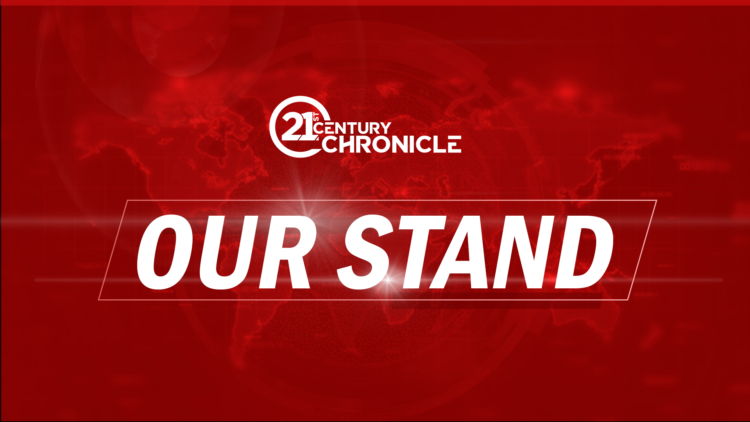Last week, President Muhammadu Buhari launched the Central Bank Digital Currency [CBDC], called eNaira, with infectious optimism. He said it would remove bottlenecks associated with transactions through commercial banks, facilitate business transactions, help Central Bank of Nigeria [CBN] to monitor financial transactions, reduce the volume of cash in circulation and boost Nigeria’s Gross Domestic Product, GDP.
CBN Governor Godwin Emefiele said as many as 33 banks had been integrated into transacting in the digital currency, and that N500 million digital naira [eNaira] had been minted for its take-off.
The digital currency is building upon the successes of CBN’s cashless policy and financial inclusion strategies. These have yielded positive results, especially by reducing crowds in banking halls and reducing hand-to-hand cash transactions. In addition, for a lot of Federal Government transactions such as payment of tax or cash payment in social interventions, this digital currency could facilitate them without a corresponding cash at hand. The fact that Ministries, Departments and Agencies of government are encouraged to receive revenues and make payments in eNaira shows how seriously government is taking this new version of the Naira.
However, the speed with which eNaira has been rolled out is a source of concern because many developed countries, including member nations of the European Union [EU], are very cautious about adopting digital currency. The European Central Bank [ECB] agrees that digital currency has become inevitable, but it is taking five years before it would join the bandwagon. First, EUCB says it would take two years to finalise the digital Euro design and three more years for its board to debate and approve its use. In Nigeria, the eNaira has been launched without the EU kind of diligence.
There are several issues that need to be dealt with. First is internet penetration, as digital currency is anchored on the availability of internet services. In many parts of Nigeria, internet service is not available. For this digital currency to gain traction the way CBN has announced it, there must be constant internet access. Also, there is need to educate Nigerians on the cyber-rules guiding the use of eNaira. In this era of cybercrime, when cyber- criminals, armed robbers, kidnappers for ransom and dubious bank officials hack into bank accounts and steal huge sums of money, safety measures for those who key into eNaira must be well thought-out and explained to Nigerians.
Though a few countries such as China, Bahamas, Cambodia, Sweden and Marshall Islands have started using digital currency, Nigeria must count the cost of the new innovation and put in place measures to protect users of eNaira against fraud, before joining the train.









